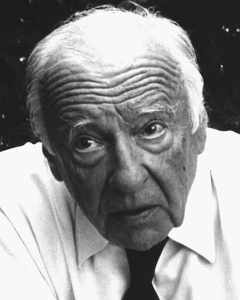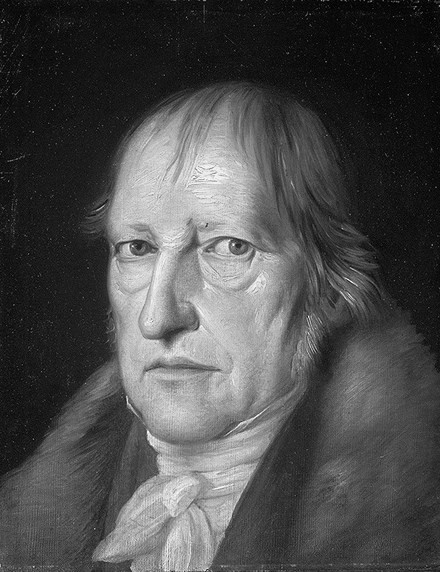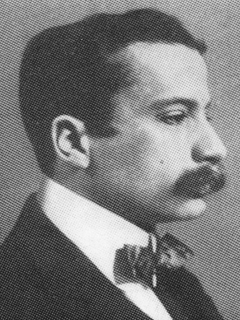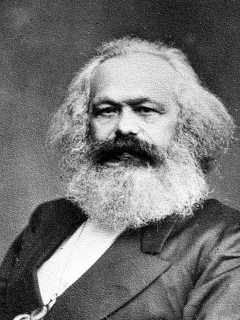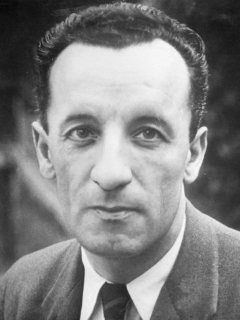Theodore Kisiel
in English
X(2014). The paradigm shifts of hermeneutic phenomenology: from breakthrough to the meaning-giving source. Gatherings: The Heidegger Circle Annual, 4, 1-13. https://doi.org/10.5840/gatherings201441.
(2014). Heidegger and our twenty-first century experience of ge-stell. In B. Babich & D. Ginev (eds.) The multidimensionality of hermeneutic phenomenology (pp. 137-151). Dordrecht: Springer.
(2007). In response to my overwrought critics. Studia Phaenomenologica, 7, 545-552. https://doi.org/10.7761/SP.7.545.
(2005). Review and overview of recent Heidegger translations and their German originals: a grassroots archival perspective. Studia Phaenomenologica, 5, 277-300. https://doi.org/10.7761/SP.5.277.
(2005). Recent Heidegger translations and their German originals: a grassroots archival perspective. Continental Philosophy Review, 38 (3-4), 263-287. https://doi.org/10.1007/s11007-006-9011-8.
(2004). Scientific discovery: Logical, psychological, or hermeneutical?. In D. Moran & L. Embree (eds.) Phenomenology: Critical concepts in philosophy III (pp. 43-58). London: Routledge.
(2002). Was heißt das — die Bewandtnis?. In B. Babich (ed.) Hermeneutic philosophy of science, van Gogh's eyes, and God (pp. 127-136). Dordrecht: Springer.
(2001). A supratheoretical hermeneutical preprotoscientific perusal of Trish Glazebook's "Heidegger's philosophy of science". Research Resources, Paper 42, 27-42.
(1997). A hermeneutics of the natural sciences? the debate updated. In R. P. Crease (ed.) Hermeneutics and the natural sciences (pp. 71-83). Dordrecht: Springer.
(1997). A hermeneutics of the natural sciences?: the debate updated. Man and World, 30 (3), 329-341. https://doi.org/10.1023/A:1004263719974.
(1997). Fundamental ontology. In L. Embree (ed.) Encyclopedia of phenomenology (pp. 253-258). Dordrecht-Boston-London: Kluwer.
(1997). Husserl and Heidegger. In L. Embree (ed.) Encyclopedia of phenomenology (pp. 333-340). Dordrecht-Boston-London: Kluwer.
(1997). The new translation of Sein und zeit: a grammatological lexicographer's commentary. Man and World, 30 (2), 239-258. https://doi.org/10.1023/A:1004226305051.
(1995). Why students of Heidegger will have to read Emil Lask. Man and World, 28 (3), 197-240. https://doi.org/10.1007/BF01277070.
(1995). From intuition to understanding: on Heidegger's transposition of Husserlian phenomenology. Études phénoménologiques, 11 (22), 31-50.
(1995). The genesis of Heidegger's Being and time. Berkeley: University of California Press.
(1994). Kriegsnotsemester 1919: Heidegger's hermeneutic breakthrough. In T. J. Stapleton (ed.) The question of hermeneutics (pp. 155-208). Dordrecht: Springer.
with van Buren John (eds) (1994). Reading Heidegger from the start: Essays in his earliest thought. Albany: SUNY Press.
(1992). The genesis of Being and time. Man and World, 25 (1), 21-37. https://doi.org/10.1007/BF01250441.
(1991). Heidegger's apology: biography as philosophy and ideology. Graduate Faculty Philosophy Journal, 14 (1), 363-404. https://doi.org/10.5840/gfpj199114/152/129.
(1989). A philosophical self-introduction. In E. F. Kaelin & C. Schrag (eds.) American phenomenology (pp. 237-242). Dordrecht: Kluwer.
(1988). The missing link in the early Heidegger. In J. Kockelmans (ed.) Hermeneutic phenomenology (pp. 1-40). Washington DC: University Press of America.
with Silverman Hugh J, Mickunas Algis, Lingis Alphonso (eds) (1988). The horizons of continental philosophy: essays on Husserl, Heidegger, and Merleau-Ponty. Dordrecht: Springer.
(1985). Book review [Review of the book , by ]. Man and World 18 (3), 347-351.
(1982). Paradigms. In G. Fløistad (ed.) La philosophie contemporaine / Contemporary philosophy (pp. 87-110). Dordrecht: Springer.
(1980). En route to Sein und Zeit. Research in Phenomenology, 10, 307-319. https://doi.org/10.1163/156916480x00190.
(1978). Habermas' purge of pure theory: critical theory without ontology? Human Studies, 1 (1), 167-183. https://doi.org/10.1007/BF02132610.
(1976). Hermeneutic models for natural science. Phänomenologische Forschungen, 2, 180-191.
(1974). Hegel and hermeneutics. In F. Weiss (ed.) Beyond epistemology (pp. 197-220). Dordrecht: Springer.
(1973). The mathematical and the hermeneutical: on Heidegger's notion of the apriori. In E. Ballard & C. E. Scott (eds.) Martin Heidegger (pp. 109-120). Dordrecht: Springer.
(1973). On the dimensions of a phenomenology of science in Husserl and the young Dr. Heidegger. Journal of the British Society for Phenomenology, 4, 217-234.
(1973). Scientific discovery: logical, psychological, or hermeneutical?. In D. Carr & E. Casey (eds.) Explorations in phenomenology (pp. 263-284). Den Haag: Nijhoff.
(1972). Repetition in Gadamer's hermeneutics. In A. Tymieniecka (ed.) The later Husserl and the idea of phenomenology (pp. 196-203). Dordrecht: Reidel.
(1970). Husserl on the history of science. In T. Kisiel & J. Kockelmans (eds.) Phenomenology and the natural sciences (pp. 68-90). Evanston, Ill.: Northwestern University Press.
with Kockelmans Joseph (eds) (1970). Phenomenology and the natural sciences: Essays and translations. Evanston, Ill.: Northwestern University Press.
(1969). The happening of tradition: the hermeneutics of Gadamer and Heidegger. Man and World, 2 (3), 358-385. https://doi.org/10.1007/BF01252571.


